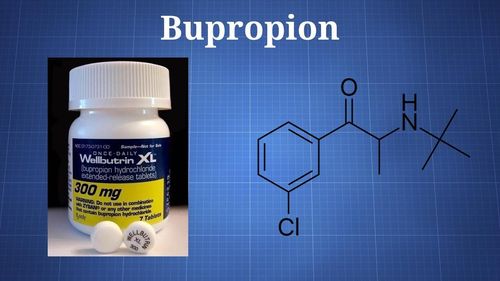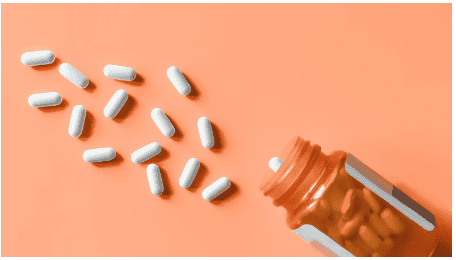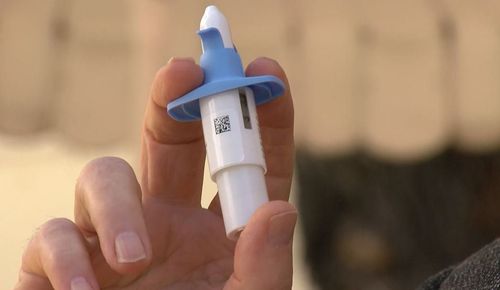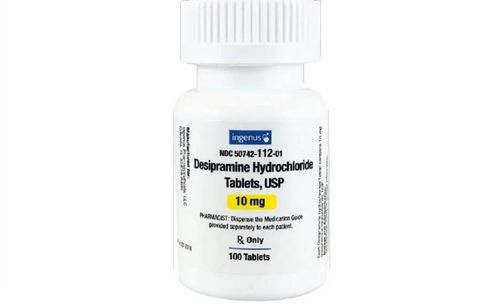This is an automatically translated article.
Patients who suddenly stop taking antidepressants may develop signs of withdrawal syndrome. So what are the symptoms of withdrawal syndrome and what causes it?
1. What is drug withdrawal syndrome for depression?
Withdrawal syndrome occurs when a patient suddenly stops taking the drug, especially in patients who have been taking antidepressant medication for a long time (usually 4 to 6 weeks). Symptoms of withdrawal syndrome usually appear 1-2 days after stopping antidepressants and last for a few weeks. The risk of developing this syndrome also depends on the drug, some antidepressants have a higher rate of causing withdrawal syndrome than others.In fact, there are differences in how patients feel when they stop taking antidepressants, the severity of symptoms varies from person to person, can range from moderate to severe and most last for a few weeks. Signs of depression withdrawal syndrome often include:
Feelings of anxiety; Sleep disturbances such as insomnia or nightmares; headache or dizziness; Tired; Irritability; flu-like symptoms such as muscle aches and chills; Nausea; Numbness like an electric shock ; Recurrence of depressive symptoms. However, it is sometimes difficult to distinguish the symptoms of withdrawal syndrome from those of a relapse of depression after abrupt discontinuation of antidepressant medication. Therefore, patients and family members when detecting abnormalities should immediately notify the treating doctor. If depression recurs, your doctor may prescribe an additional antidepressant or change to a different treatment.
MORE: Side effects of antidepressants

Rối loạn giấc ngủ có thể là dấu hiệu của hội chứng cai thuốc chữa trầm cảm
2.Causes of drug withdrawal syndrome for depression
Doctors prescribe a medication for depression with the aim of helping patients improve their mood or reduce anxiety. However, after taking the drug for a while and feeling better, some patients feel that they don't need the medication anymore and voluntarily stop taking the depression medication.Antidepressants work by correcting an imbalance in the function of neurotransmitters in the brain (including serotonin and norepinephrine). Mental health experts theorize that abrupt discontinuation of antidepressants means that the patient's brain doesn't have time to adapt to the sudden changes that manifest. with signs of withdrawal syndrome.
3. Is the withdrawal syndrome caused by the patient's addiction to antidepressants?
When a patient suddenly stops taking antidepressants, there is a risk of withdrawal syndrome, but this does not mean that the patient is addicted to antidepressants. The concept of addiction is synonymous with harmful, long-term brain chemical changes, characterized by intense cravings, loss of control, and negative consequences from using the substance. In fact, stopping taking antidepressants doesn't cause these problems.Antidepressants affect neurotransmitters (serotonin inhibitors), when suddenly stopped, the body will respond with physical and emotional symptoms due to excessive serotonin levels . Physiologically, these signs are not the same as a lack of medication. Addiction symptoms occur in subjects who are using a substance, when the lack of the drug leads to craving and seeking behavior for that substance. Antidepressants are not addictive or habit forming.
MORE: Note when using antidepressants
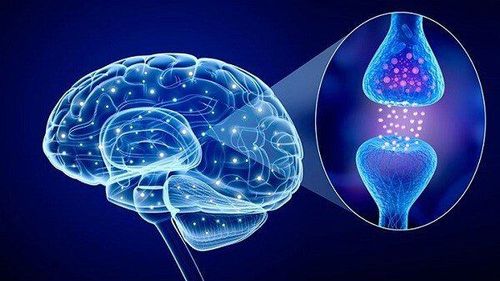
Thuốc chữa trầm cảm có thể gây ức chế serotonin
4.Diagnosis of withdrawal syndrome when stopping taking antidepressants
About 1 in 5 patients who take antidepressants for 6 weeks or more may experience symptoms when they stop taking their antidepressants suddenly. Slowly reducing the dose of antidepressants in these patients under the supervision of a psychiatrist may help prevent or reduce symptoms. However, there have been cases of withdrawal symptoms even in patients who reduce the dose too quickly or gradually. Criteria to help diagnose withdrawal syndrome due to discontinuation of antidepressants include:The patient suddenly develops unusual symptoms a few days after stopping the antidepressant; These symptoms quickly disappeared when the antidepressant was started again; There are no scientific studies to help doctors predict the risk of developing depressive withdrawal syndrome in specific patients. Scientists have yet to pinpoint exactly why some people develop withdrawal syndrome while others don't.
5.Some of the most difficult depression medications to stop
All medications for depression have the potential to cause withdrawal symptoms, but some have a higher risk. There is a warning on all product packaging for antidepressants that stopping taking them too quickly can lead to unpleasant symptoms. However, studies have shown that the risk of smoking cessation is easiest with antidepressant medications that are kept in the patient's body for a short time, especially those that affect the patient. to both serotonin and norepinephrine, such as duloxetine (Cymbalta) and venlafaxine (Effexor).Some other short-acting antidepressants that primarily affect serotonin include:
Citalopram; Escitalopram; Paroxetine; Sertraline; Withdrawal syndromes are less common with drugs with long half-lives, such as fluoxetine (Prozac) or vortioxetine (Trintellix). However, this may not be entirely accurate, and long-acting antidepressants can sometimes cause symptoms when stopped abruptly.
Symptoms of abrupt discontinuation of antidepressants have also been reported in people who have stopped taking older types of antidepressants, including tricyclic antidepressants and monoamine oxidase (MAO) inhibitors.
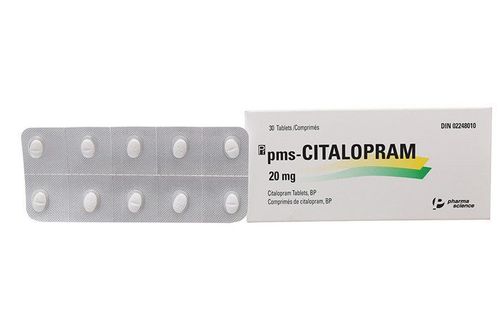
Thuốc Citalopram chữa trầm cảm
6.Measures to help limit drug withdrawal syndrome to treat depression
To limit the risk of these symptoms, patients should talk to their doctor before intending to stop taking antidepressants. The doctor may suggest that the patient reduce the dose of the drug gradually over several weeks before stopping completely to allow the body to adapt to the absence of the drug, especially in patients who have been taking antidepressant medication for a long time. In other cases, the treating doctor may prescribe another medication for depression or use some medication to help reduce the symptoms of withdrawal syndrome (such as nausea or insomnia) for a short time to prevent depression. help the body adapt. However, patients who are indicated to be switched from one antidepressant to another may need to start the new drug at the same time before discontinuing the original antidepressant completely.Symptoms of depression withdrawal syndrome usually go away within a few weeks. But if the patient has extremely severe withdrawal symptoms, the doctor may recommend some other specific treatment along with it.
Please dial HOTLINE for more information or register for an appointment HERE. Download MyVinmec app to make appointments faster and to manage your bookings easily.
Reference sources: webmd.com, mayoclinic.org



